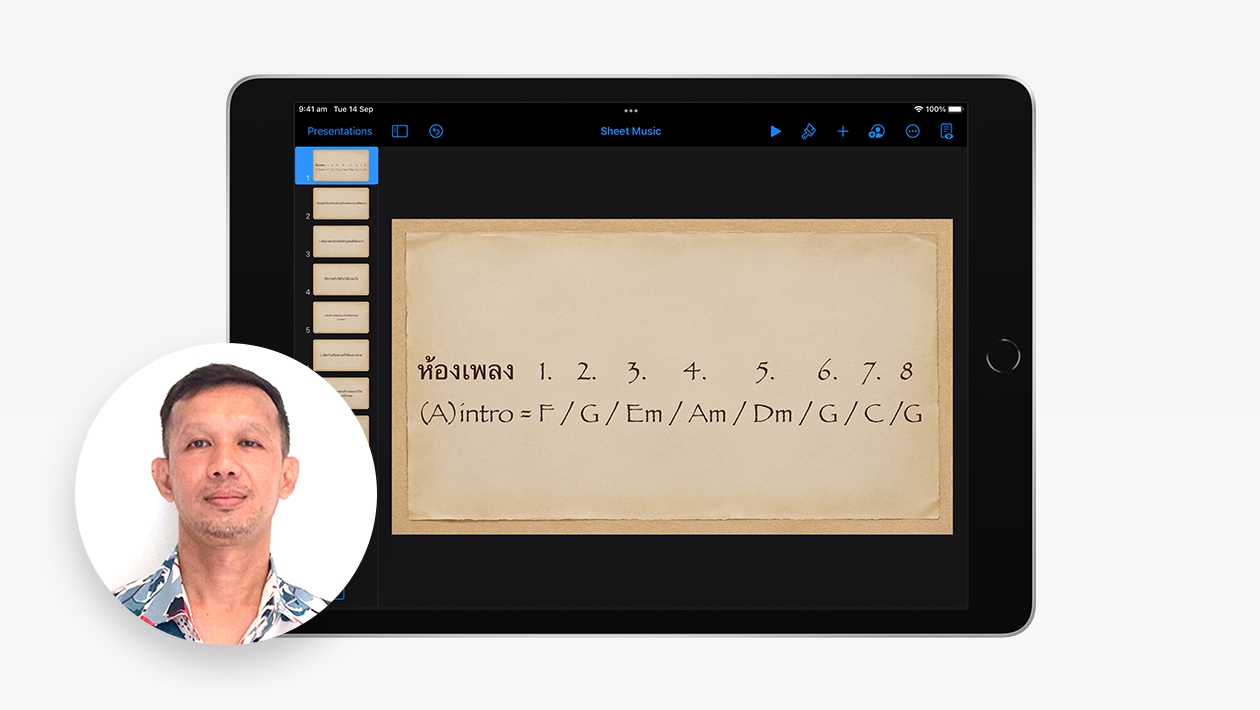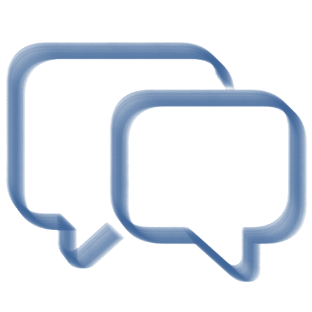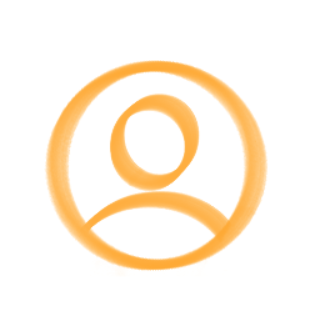Active learning happens when students create, not just consume. Two of the most powerful ways I’ve observed this in my classroom are through podcasting and music creating music with GarageBand, specifically on iPad. These are approaches that work not only in music, but across disciplines.
Podcasting gives students voice. Free from the pressure of visual appearance on social media, podcasting allows students to focus on their ideas and expression. In my classes, that has led to podcasts on everything from character analysis in Macbeth, to deep philosophical debates like “Is water wet?”😆, to deeply personal reflections offering advice to their younger selves. Alongside academic content, podcasting supports social-emotional learning, incorporating empathy, resilience, and the confidence to speak and be heard.
Music composition provides another pathway for alternative and authentic assessment. In my World Music course, students studied Gamelan traditions of Indonesia. Instead of a quiz, they used GarageBand to model interlocking rhythms and cyclical textures, demonstrating their understanding of concepts through sound. [In what ways could students demonstrate understanding in your courses through sound?] In other courses, students contribute original tracks to class albums that we publish on Apple Music and all major music streaming platforms. Imagine the impact of a student seeing their work released alongside professional artists. [In what ways might you be able to share your students’ work outside the classroom?]
The educational theory behind these projects is clear:
- Constructivism encourages students to build knowledge by making.
- In Authentic Assessment, learning is tied to real audiences.
- Self-Determination Theory emphasizes autonomy, competence, and connection.
- Universal Design for Learning principles encourage us to implement multiple means of engagement and expression.
By weaving these approaches into assessment, I have witnessed deeper engagement, stronger retention, and far greater student ownership. As an educator, I’ve found these projects far more meaningful and enjoyable to assess than traditional tests.
How might podcasting or music composition give your students new ways to demonstrate what they know? What opportunities could open in your classroom if students had more creative choices for assessment?
As you explore, remember that the Apple Education Community and this forum are filled with step-by-step guides, inspiring examples, and a community of educators ready to share ideas and resources to help bring projects like these to life.












September 06, 2025 . English
English
Wise words Donald. I think about the assessment issue all the time and often see transitional assessments get in the way of creative learning. I appreciate your ideas. Thanks also for listing the educational theories that drive authentic assessments.
Your podcasting idea for assessment is a gem and one that is easy to do. Love your mantra!
This action is unavailable while under moderation.
This action is unavailable while under moderation.